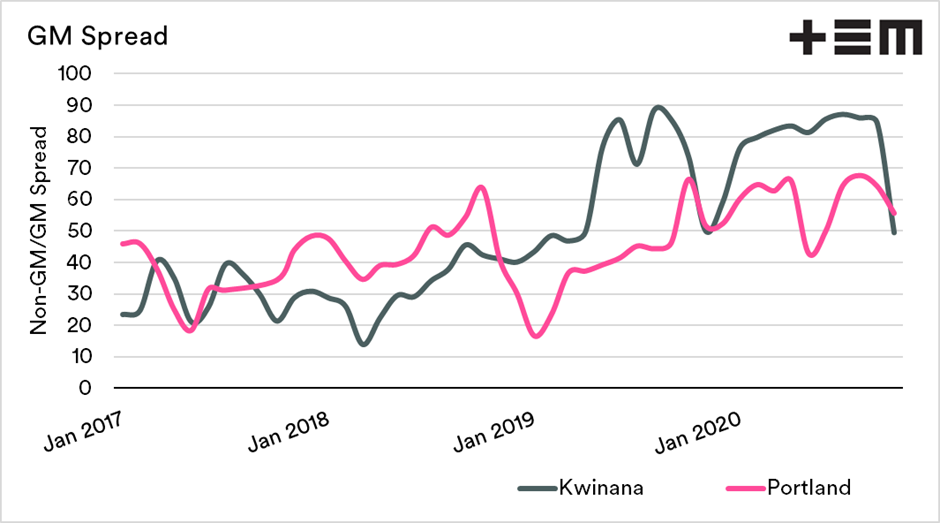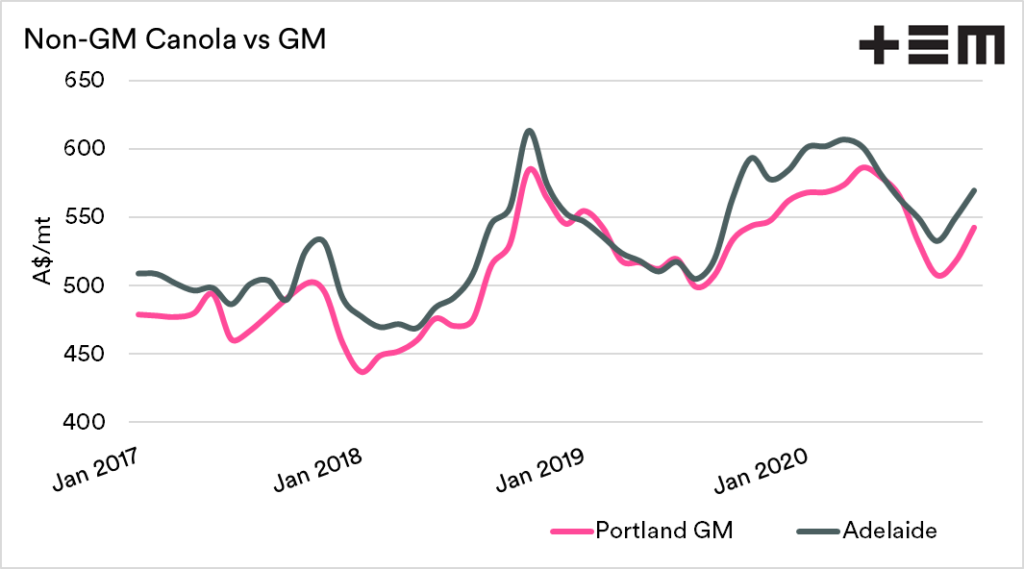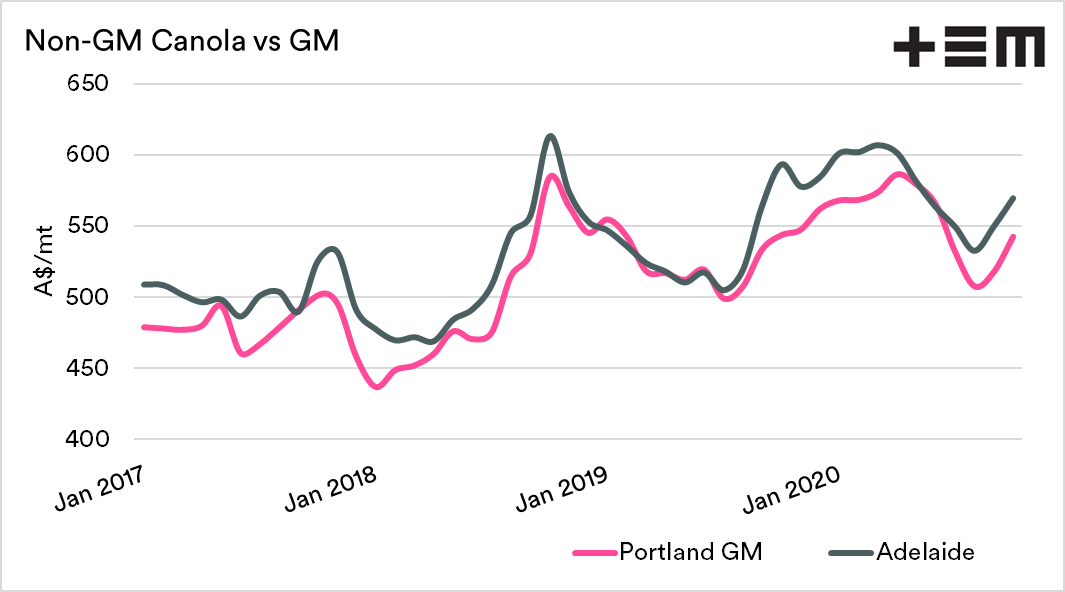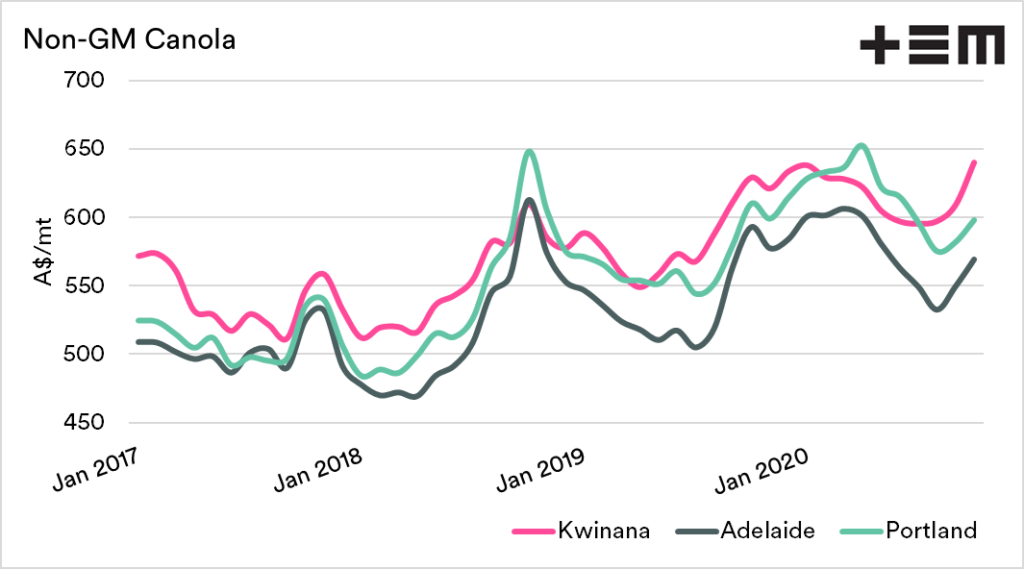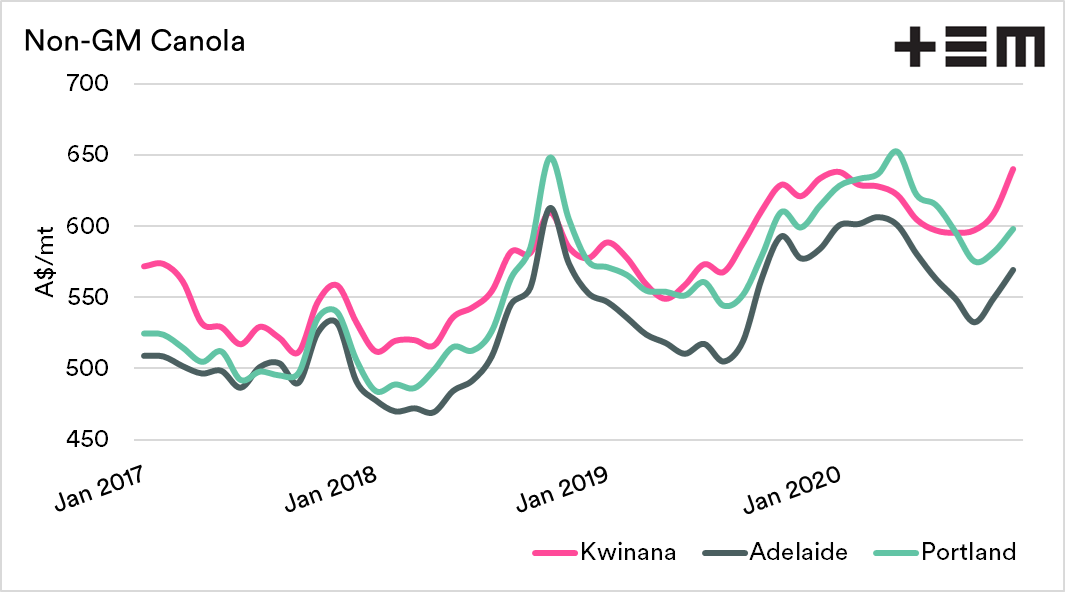SA GMO: A welcome modification.

The Snapshot
- South Australia was the only mainland state with a moratorium in place on commercial GMO cultivation.
- The SA government gave local councils the opportunity to maintain the moratorium at a local level, provided they could prove an economic benefit.
- Eleven councils applied for exemptions; none were able to prove an economic or marketing benefit due to the GM moratorium.
- The anti-GM misconstrued their data by comparing GM prices with non-GM prices to show an economic benefit.
- Non-GM trades at a premium to GM. This has never been in question.
- The anti-GM lobby should have compared non-GM in SA to non-GM in other states as a proper comparison.
- There is no evidence that the GM moratorium has provided a premium to SA growers to any commodity.
The Detail
South Australia was the last mainland state to maintain a moratorium on the commercial cultivation of GMO’s. The SA government gave local councils the ability to apply to maintain the moratorium, provided they could prove an economic benefit.
In recent years Matt and I have been the lead authors of two reports, which were used to provide a data-centric analysis on the situation in South Australia. These reports played a small role in providing SA growers with the same choices as other mainland farmers.
The first report ‘Analysis of price premiums under the South Australian GM moratorium’ was an analysis of the majority of broadacre commodities to determine whether the GM moratorium provided a premium to states growing GM crops.
This report was used to show that there would likely be no adverse impact on SA farmers by allowing GMO cultivation.
The second report, ‘In Vino Veritas’ completed in September of this year, was investigating claims that the wine industry would lose value due to the removal of the moratorium.
As the rules are now changed, and growers will now have the choice in what they grow, I thought it was a good time to update the analysis.
The mistakes of the anti-GM lobby
The anti-GM lobby did not have a great deal of experience or understanding of commodity markets. In their numerous statements, they would point towards spread in other states between GM and Non-GM canola.
There is no denying that there is a discount from Non-GM to GM. That fact is not in question. The discount in WA has averaged A$50 since 2017 but has been as low as A$14. In Portland, the discount has been A$45, and as low as A$16.
However, the anti-GM lobby misconstrued this and commented that this spread would be applied to non-GM. The claim was that the premium due to the moratorium was the difference in price for Non-GM in SA versus GM in other states.
Another mistake made was that the comparisons were made at different pricing points, as an example upcountry GM prices in Victoria versus the port price in South Australia. This then made the supposed ‘premium’ in SA appear much higher, as it did not include allowances to get the seed to port.
When we compare GM at Portland versus Non-GM at Adelaide, the story doesn’t show the kind of premiums laid out by politicians and anti-gm campaigners.
Apples for apples
The is highly erroneous and cherry picking of (wrong) data, and does not provide an apples for apples comparison.
As analysts who spend our time examining commodity markets, we always must respect the data. We get irritated when we see analysts or commentators fudging data to tell a story, either intentionally or just through inexperience.
We saw this error immediately. In order to prove that a premium was provided to South Australian farmers, the simple measure of comparing Non-GM to Non-GM should have been made.
As if there was a premium, it would be shown in the data. The chart below displays the canola price against Victoria and Western Australian prices, both states growing GM crops. The South Australian producer has received prices lower than other states for the majority of the time.
Therefore it can be argued that the GM moratorium was providing a barrier without any economic benefit.

